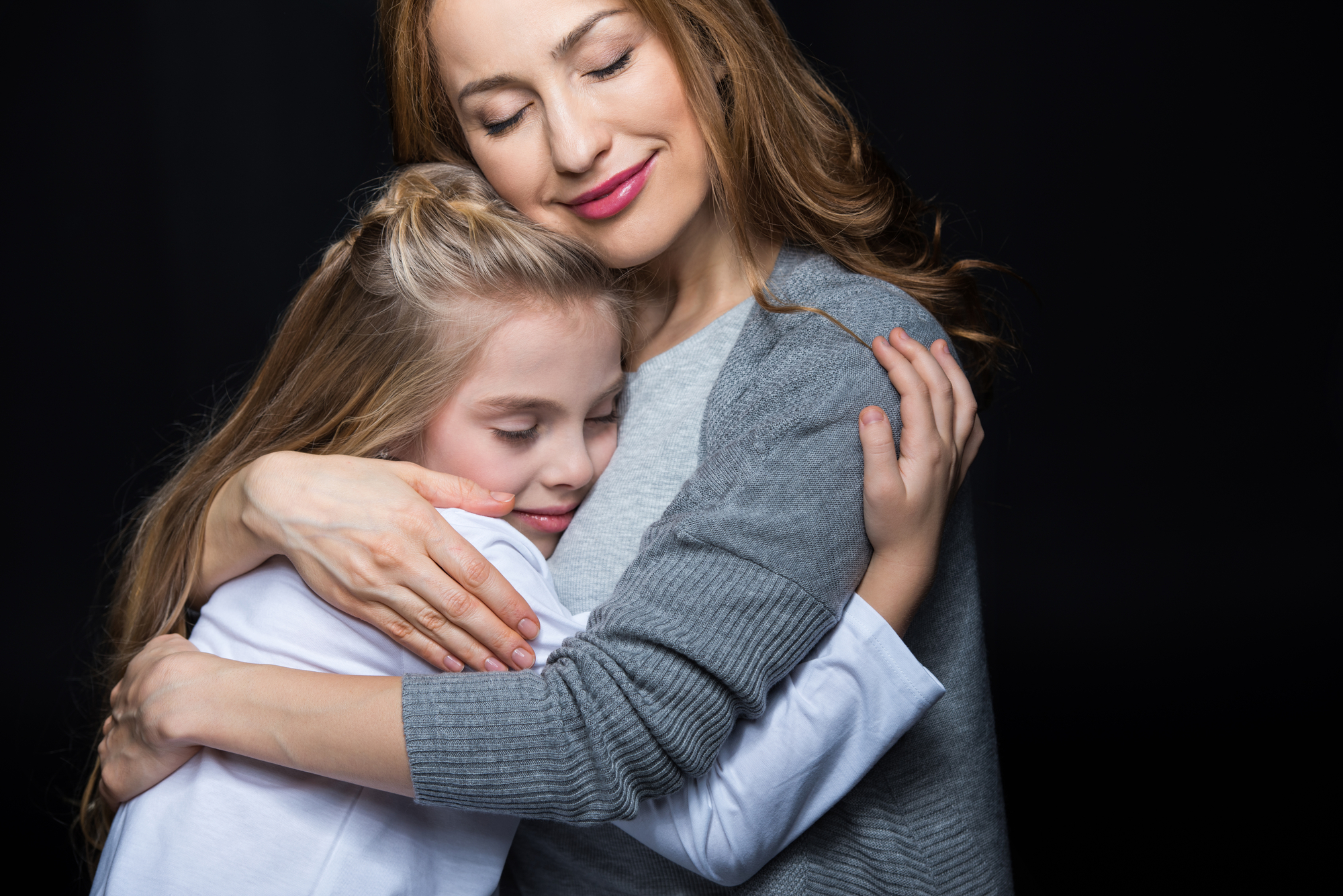As concerns about COVID-19 intensify, many parents are wondering how to talk to their children about the virus. Most children will be aware that something significant is happening and it’s natural for them to experience some anxiety. Here are some simple ways to help your child cope.
Focus on the relationship
The most valuable way to support your child is to simply be present with them. Take time to listen and reassure them that they are safe. Let them know you are here for them no matter what.
Acknowledge their feelings
Tell them you understand there have been lots of changes lately and give them space to talk about their feelings.
While it’s important to reassure your child, try not to minimise their fears. Let them know you are OK with whatever emotions come up. If they feel anxious, spend some time exploring this feeling by talking, drawing or reading stories.
Check their understanding
If your child is worried about COVID-19, find out what they already know. They may be exposed to conflicting messages from school, friends, family and the media, so it’s important to clear up any misunderstandings.
Use open-ended questions and let them direct the conversation. Remind them they can ask as many questions as they like.
Provide simple information
Use language that is clear and age-appropriate. Reassure them that they are unlikely to get sick and there are people around the world working hard to keep everyone safe. Tell them what they can do to help:
- Practice regular hand-washing, using songs to make it fun.
- Remind them to sneeze or cough into their elbow or a tissue.
- Explain the key symptoms, such as fever and shortness of breath, and ask them to tell you if they notice those feelings in their body.
- If your child is still going to school, show them how to stay an appropriate distance from others. Let them know these changes are only temporary and they can still have lots of cuddles at home.
Maintain a routine
Try to create as much normality as possible. Schedule regular times for meals, school work, play and sleep. Avoid or limit exposure to news and social media. Use this opportunity to enjoy special time with your child – play games, read, draw and relax together.
Look after yourself
Be kind to yourself amidst the uncertainty. Maintain a routine and regular exercise where possible. Stay in contact with friends, family and your local community, and access information from reliable sources. Acknowledge your feelings and worries, reminding yourself that this is a natural response to a difficult situation. Then turn your attention to what you can control.
Seek professional support
If you or your child are struggling, remember that professional help is always available. Talk to your GP about the new telehealth rebates, as you may be able to see a psychologist from home. Online and telephone services such as Parent Line, Beyond Blue and Lifeline are free and can be accessed from home.
In this period of uncertainty, remember to go back to basics. By providing a calm, safe and consistent environment for your child, you will help them to stay resilient during this challenging time.
Dr Ameika Johnson is a registered clinical psychologist, with a special interest in parenting and children’s social and emotional development. She currently works as a consultant and content developer for Brainstorm Productions, who perform live theatre in schools about issues such as bullying, online safety, resilience and values. She recently contributed to the Human-Kind books: HONESTY and PERSISTENCE, available April 1 from all good bookstores.









